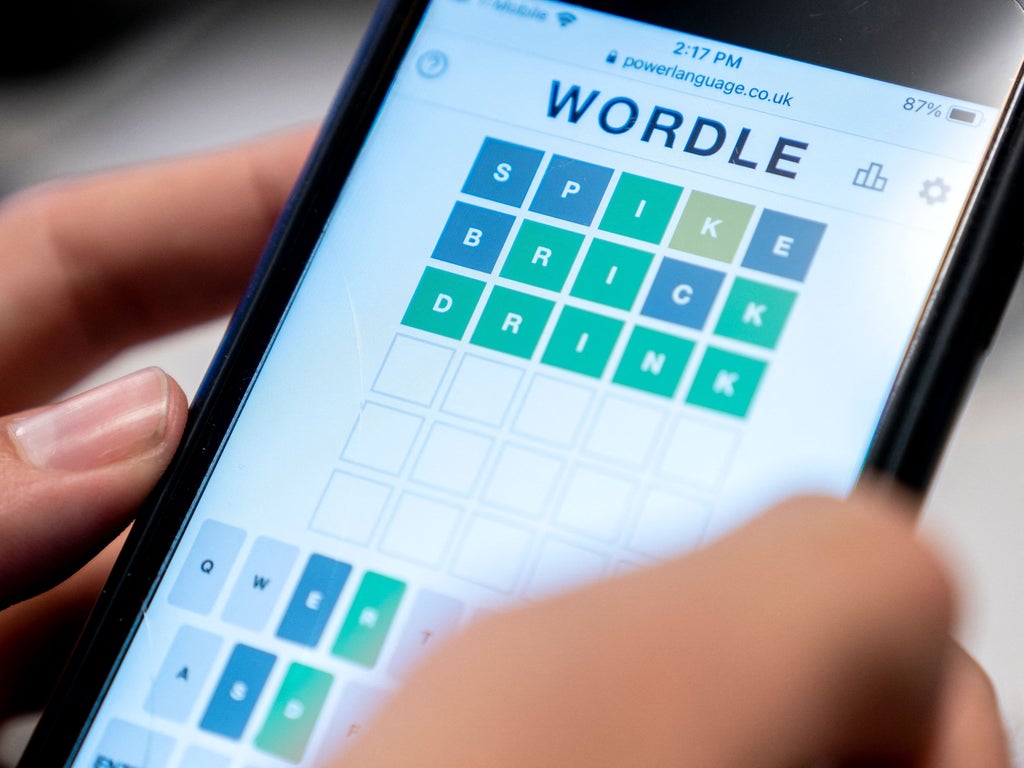
Today’s Wordle has divided players, with some expressing their frustrations and others feeling “represented”.
The daily game, which is a favourite among Twitter users, gives players six tries to guess a five-letter word. The word changes every day and is the same for everyone who plays.
It was originally created by New York City-based software engineer Josh Wardle as a present for his partner but was acquired by The New York Times in February for an undisclosed seven-figure sum.
Recent weeks have seen players complain the game has become “too hard” following NYT’s acquisition, with some even theorising that it had made Wordle more difficult – but this was later debunked by experts.
Warning: Spoilers ahead
Many Twitter users are voicing their frustrations at today’s word, with some losing their winning streaks after failing to guess it correctly.
“Every time I play this game, I feel disgusted. I don’t like words anymore,” one person said.
“Physical pain, I can’t keep doing this,” another said.
The answer for Wordle 255 is “rupee”, which is a form of currency used in South Asia. Countries which use the rupee include India, Pakistan, Nepal and Sri Lanka.
Unsurprisingly, South Asians have rejoiced at today’s word, with many saying they feel “represented”.
“A good day to be South Asian,” one person said. “As an Indian, I loved this one,” another said.
A third person wrote: “OK. This is the fastest I’ve solved a Wordle. My Indian peeps will get this faster.”
“#Wordle255 is a word so close to home for those of us that originate from the Indian subcontinent. Although a tad unfamiliar for the rest of the world, vowel strategy and common consonant elimination should reveal it well before six guesses,” another person said.
Others sympathised that “rupee” may be difficult to guess for those that aren’t familiar with the currency.
“This must have been impossible for anyone not South Asian,” one Twitter user wrote.
Rumours that NYT has made Wordle harder were dispelled by one expert last week.
David Andersen, a professor of computer science at Carnegie Mellon University in Pennsylvania, US, compared the source code of the original game with the NYT version and found that the publication has only changed six words.
In a thread posted to Twitter on Sunday 20 February, Andersen said the NYT had altered the original word list in “very small ways” and had removed just six words – fibre, lynch, agora, pupal, slave and wench – likely because they may have caused offence.







